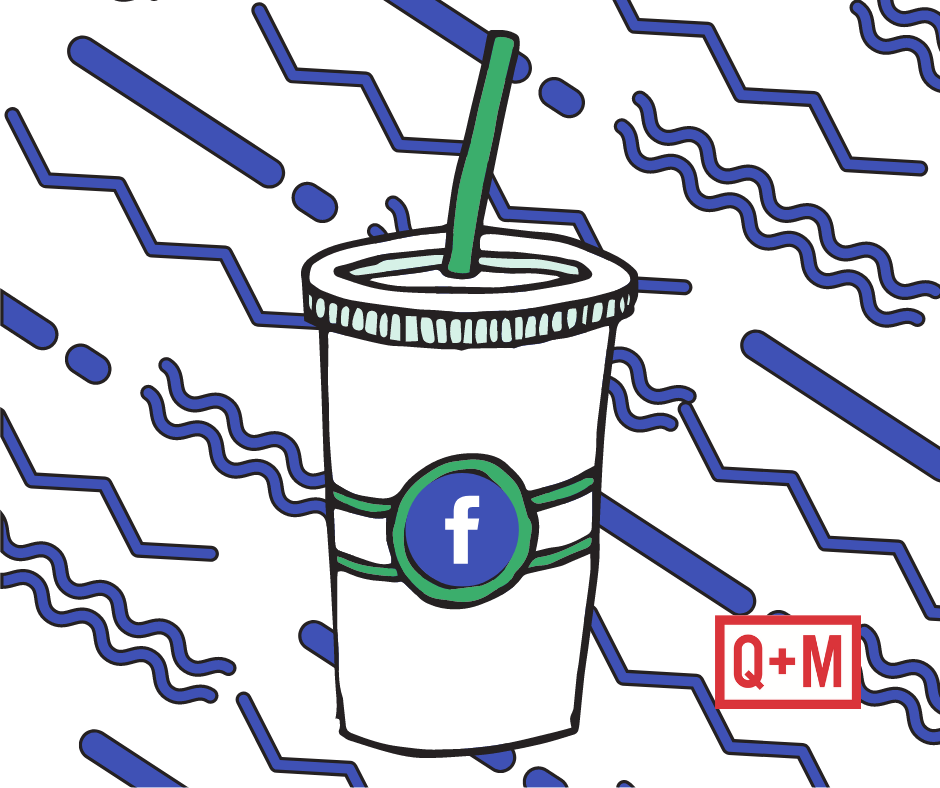The news on Facebook so often seems to be disconnected. Last week, three stories dominated the headlines, all seemingly from different corners of the expanding universe.
First, Facebook announced that it would extend former President Trump’s ban from its platforms, as well as closing down an account reportedly posting statements on his behalf. The decision came from Facebook’s ethics panel, a sort of Supreme Court comprised of journalists and developers. In a sense, the body itself is a punt; it allows Facebook to put its hand up innocently instead of ruling on some of the most important decisions in its company’s history and, by extension, in our society.
Then, Facebook quietly reported its earnings. Tucked into the over $9 billion was one startling statistic that some missed. Ad revenue was up a whopping 46%; the confluence of a pandemic, a huge jump in eCommerce, and small businesses upping their budgets added up to pad one of the most substantial bottom lines of any company on the planet. That indicator shows that rumors of trouble for Facebook and its empire of Instagram, WhatsApp, and other endeavors may be, as always, exaggerated.
And finally, Starbucks is considering leaving Facebook’s platform due to the constant stream of hateful comments whenever the company addresses important issues like race, trans rights, and other important topics. Internal communications from the team at Facebook that handles Starbucks says the company is seriously considering ending its presence, a move that would make Starbucks the largest company to leave the platform.

That discussion comes just a week after all twenty English Premier League teams staged a blackout on Facebook’s platforms in protest of the racist and hateful speech allowed on the platform, much of it directed at some of the league’s highest-profile players. The boycott included four requests of both Mark Zuckerberg of Facebook and Twitter CEO Jack Dorsey. Those requests centered around improved filtering that would block comments and messages with racist language, improved verification to make it easier for law enforcement to find people posting threatening speech, efforts to stop those abusers from simply making new accounts, and a concrete policy and system for social media companies to work with law enforcement to hold those posting racist, hateful, or threatening speech accountable.
There seems to be a disconnect between the many user segments of the Facebook world. Giant companies are questioning if they really need these platforms, while the hundreds of thousands of small businesses that make up 70% of Facebook’s ad revenue need it more than ever. Meanwhile, North American users are spending less and less time on the platform, with daily users down three quarters in a row in the US and Canada. Still, the company sees 195 million people log into its platforms and its ads every day, and it’s going to be a long, long time before the dip in daily active users causes Zuckerberg sleep.
Our clients, it’s worth noting, aren’t quite on the same level as Starbucks, even if we tend to treat them as such. We work constantly to ensure that their presence on any platform meets and serves their needs as a company, including their stance on social issues. However, there’s no denying that a robust paid and organic presence on Facebook and its platforms has been vital to both B2B and retail clients over the past several years and even more important in 2020. Every marketer and every brand should evaluate their efforts and reinforce their identity; we believe small businesses, big businesses, and private individuals can still benefit from the good social platforms offer while tirelessly insisting those platforms improve.

